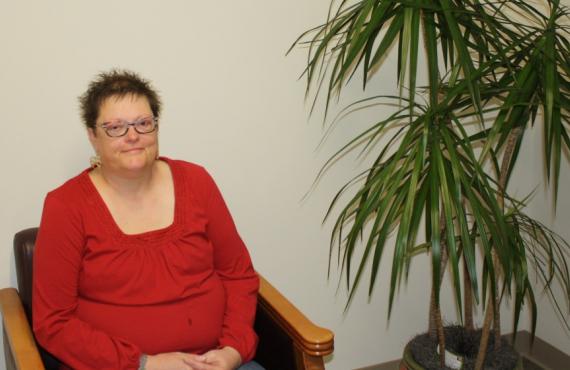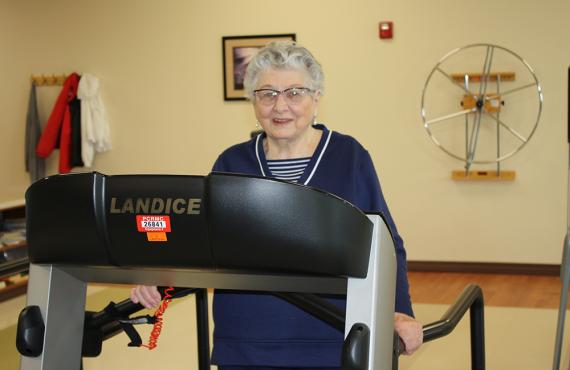Published on September 3, 2021
Read Time: Two Minutes
Brian Kriete, MD, an ear, nose and throat (ENT) physician with Phelps Health, shares information about COVID-19 vaccine safety and the speed of the vaccination rollout.
“I know there's been a lot of concern about the speed in which these [COVID-19] vaccines were created, and there [was] some concern about safety, which has made a lot of people reluctant to pursue vaccination,” Dr. Kriete says.

“These vaccines have been researched extensively, and the testing protocols haven't been expedited,” he says. “Safety profiles have been worked up [for COVID-19 vaccines] just like any other vaccine.”
So, how were the COVID-19 vaccines able to be produced so quickly?
“Number one, we've got previous experience with other viruses that have been very similar,” Dr. Kriete says. “Many of you may remember the SARS virus that was a problem in the early 2000s. This [SARS-CoV-2, the virus causes COVID-19] is a very similar virus, and we've learned a lot [from the SARS virus].”
“Secondly, there's been some fairly drastic advancements in molecular biology over the last five to 10 years. Previously, viruses had to be isolated [and] grown in some medium,” Dr. Kriete says.
For example, the influenza virus was previously grown in eggs and then pulled out of that medium. Dr. Kriete says that process can be time consuming.
“Now, we're able to take small snippets of the DNA of the virus and create just small particles of the virus that help induce the allergic reaction that leads to immunity,” he says, noting this process is quicker and less expensive.
“The speed in which it [COVID-19 vaccine] was produced is a lot different, but it has a lot to do with advances in technology,” Dr. Kriete says. “The safety profile is exactly the same as other vaccines, and it [COVID-19 vaccine] has been found to be very [effective] and very safe for most people to receive this.”

